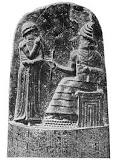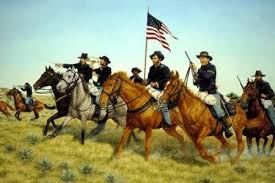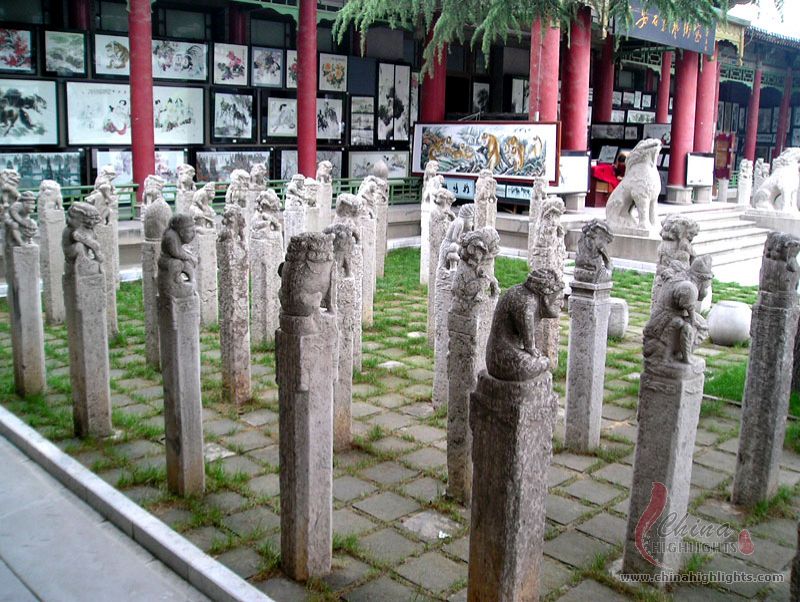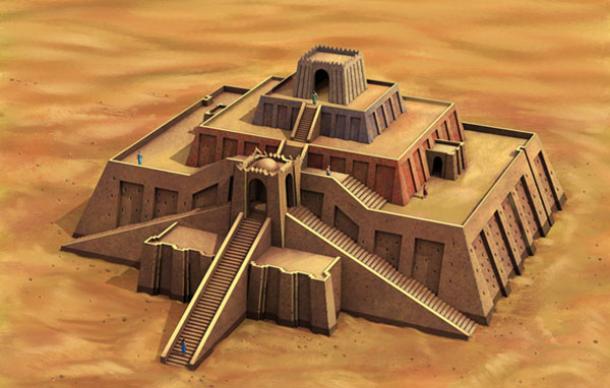| A | B |
|---|
ally,  | an independent state that works with other states to achieve a shared military or political goal |
| cultural trait | an idea or way of doing things that is common in a certain culture |
| rule of law | the idea that all members of a society must obey the law |
Hammurabi's Code,  | a set of laws that governed life in the Babylonian empire |
cavalry,  | soldiers who fight while riding horses |
standing army,  | a permanent army of professional soldiers |
| tribute | payment made to show loyalty to a stronger power |
| currency | money that is used as a medium of exchange |
stele,  | a carved stone slab or pillar that stands on end |
| import | a good or service sold within a country that is produced in another country |
| export | a good or service produced within a country and sold outside the country's borders |
| navigation | the art of steering a ship from place to place |
| colony | an area ruled by a distant country |
| cultural diffusion | the spreading of cultural traits from one region to another |
| alphabet | a small set of letters or symbols that stands for a single sound |
| fertile crescent | a region of the Middle East that stretches from the Persian Gulf to the Mediterranean Sea |
| Mesopotamia | a wide, flat plain that lies between the Tigris and Euphrates Rivers |
| irrigate | to supply water to |
| city-state | an independent state that includes a city and its surrounding territory |
| barter | a trading system where people exchange goods directly without using money |
| polytheism | the belief in more than one god |
ziggurat,  | pyramid shaped towers made of brick |
| cuneiform | a system of writing that uses triangular-shaped symbols to stand for ideas or things |
| empire | a state containing several countries or territories |